The pandemic and its associated global quarantine have turned all of humanity’s plans upside down. Even global science projects are on the verge of collapse. For example, some countries have reduced the number of polar explorers staying for the winter in Antarctica, and those scientists who were supposed to change their colleagues were at risk. After all, if the virus enters the continent, which will soon be blocked by ice and cold, then the situation could become catastrophic. Despite this, work in Antarctica continues, but because of the pandemic and the closure of borders, it was not so easy to get there: the participants of the next Ukrainian expedition were able to get to their station only on the third attempt.
Winter will come soon in the southern hemisphere, which means that it is necessary to carry out the latest work related to the change of scientists and the delivery of equipment and products necessary for wintering. Ukrainian polar explorers from the 25th Antarctic expedition were to replace their colleagues at the Akademik Vernadsky station. In mid-March, the whole group went to the airport: in front of them was waiting for a difficult route with several transfers and border crossings. The flight was delayed, negotiations were ongoing, after which scientists eventually managed to get to Istanbul. The further route lay in Colombia, but the flight overseas did not take place: due to worldwide quarantine and closure of borders, polar explorers were forced to return home.
The situation was ambiguous: the polar explorers who spent almost a year at the station needed to be changed. How to do this in the current situation was completely unclear. Even reserve options were considered, which included the extension of the scientific mission of the 24th expedition for another six months.
Fortunately, the issue with the delivery of scientists was resolved. In the end, after lengthy coordination, the polar explorers were able to get to Chile, making a transfer in Qatar. In Chilean Punta Arenas, they spent two weeks sitting in quarantine to eliminate the risk of coronavirus getting onto the icy continent. And only after the doctors made sure that all the scientists are healthy, they were able to continue on their way to the station.
Today, all scientists located in Antarctica adhere to certain rules in order to minimize the risks to their health. And if earlier the employees of neighboring stations on the coast could meet and play football at the weekend, then after the pandemic began, all social contacts are minimized. People keep their distance when visiting the cafeteria, wear masks and believe that coronavirus will not affect the long-term scientific projects that are so important for all mankind.

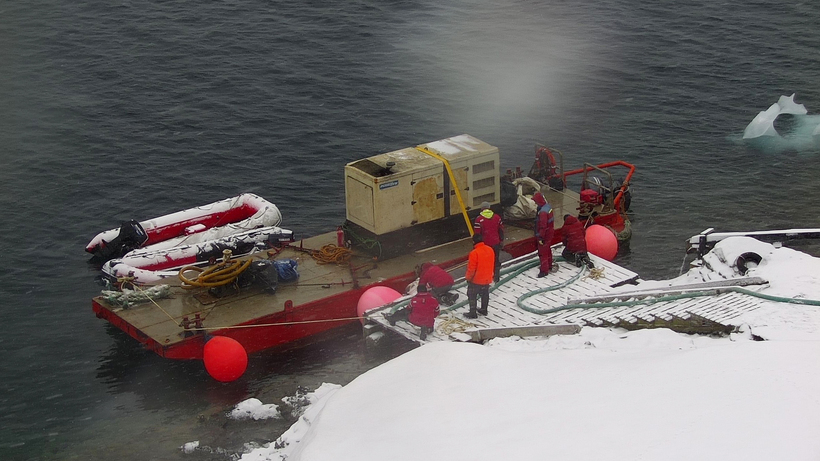
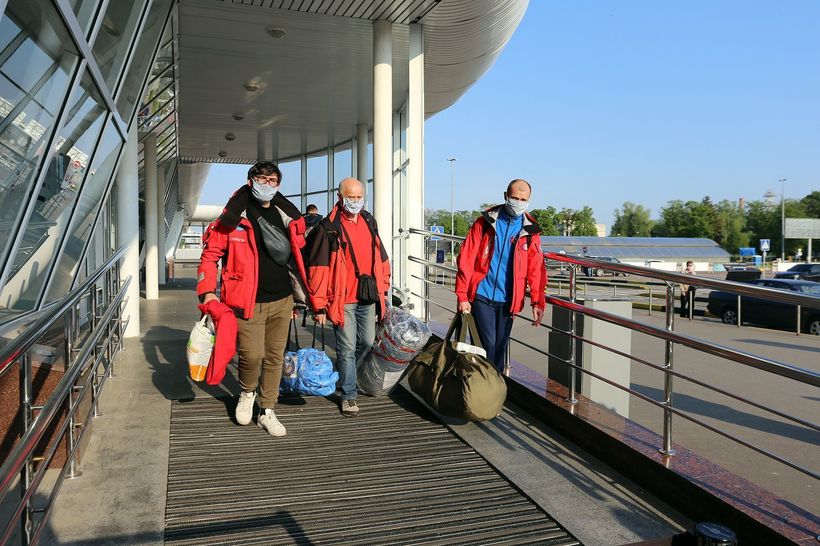
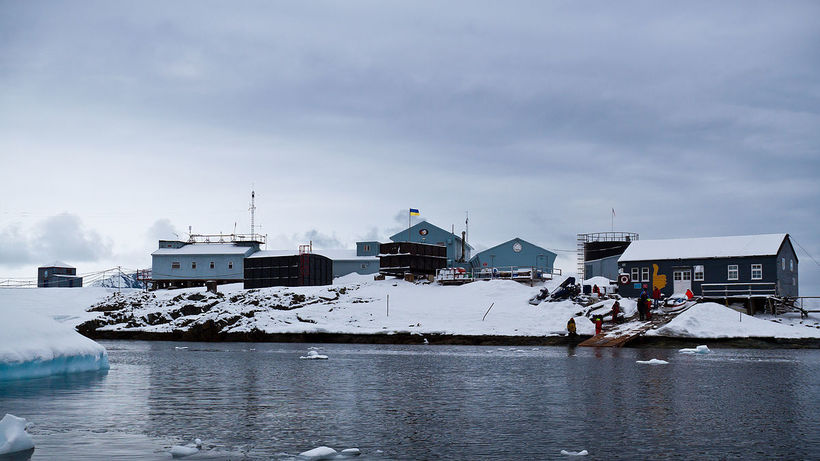
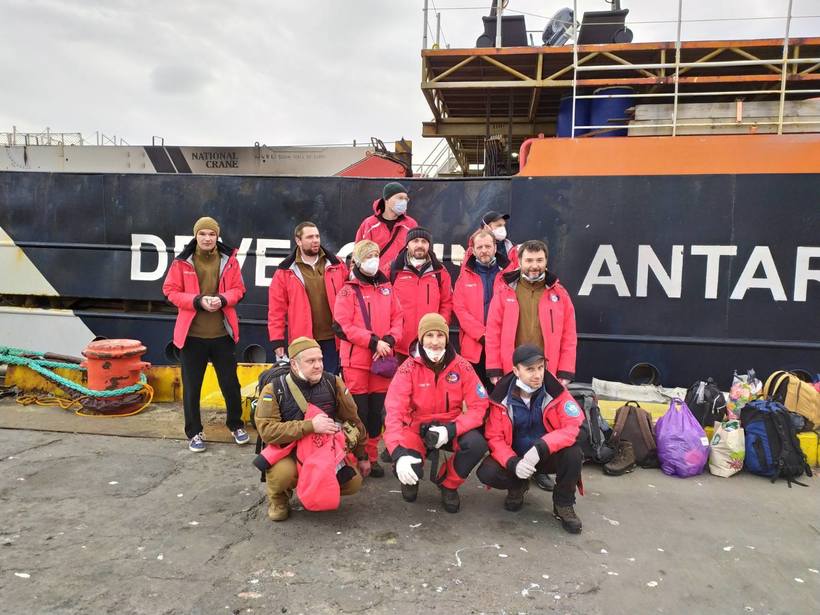
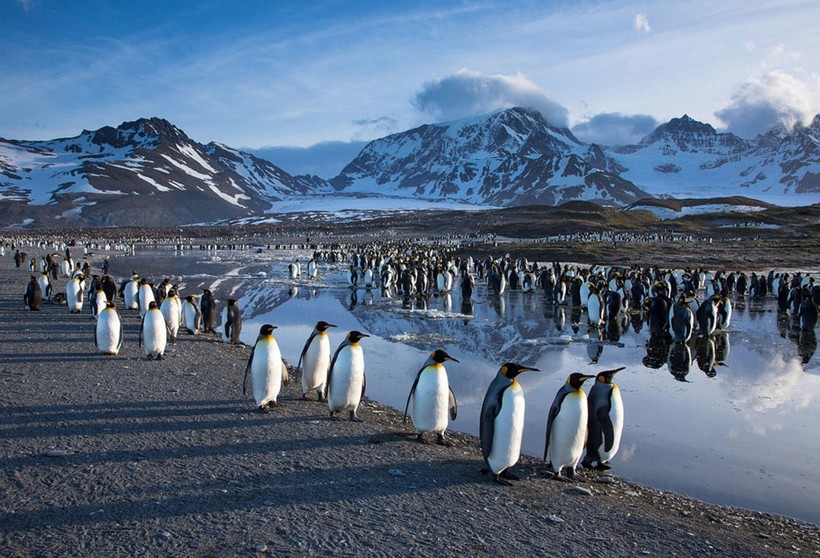


Customer
Your article helped me a lot, is there any more related content? Thanks! https://www.binance.info/es-AR/register?ref=UT2YTZSU
Customer
Thanks for sharing. I read many of your blog posts, cool, your blog is very good. https://www.binance.com/register?ref=IHJUI7TF
Customer
Can you be more specific about the content of your article? After reading it, I still have some doubts. Hope you can help me. https://accounts.binance.info/pt-PT/register-person?ref=KDN7HDOR
Customer
Your article helped me a lot, is there any more related content? Thanks!
Customer
Your article helped me a lot, is there any more related content? Thanks!
Customer
Your point of view caught my eye and was very interesting. Thanks. I have a question for you.
Customer
Thanks for sharing. I read many of your blog posts, cool, your blog is very good.
Customer
I don’t think the title of your article matches the content lol. Just kidding, mainly because I had some doubts after reading the article.
Customer
Thank you for your sharing. I am worried that I lack creative ideas. It is your article that makes me full of hope. Thank you. But, I have a question, can you help me?
Customer
I don’t think the title of your article matches the content lol. Just kidding, mainly because I had some doubts after reading the article.
Customer
Your article helped me a lot, is there any more related content? Thanks!
Customer
Your point of view caught my eye and was very interesting. Thanks. I have a question for you.
Customer
Thank you for your sharing. I am worried that I lack creative ideas. It is your article that makes me full of hope. Thank you. But, I have a question, can you help me?
Customer
Your article helped me a lot, is there any more related content? Thanks!
Customer
Your point of view caught my eye and was very interesting. Thanks. I have a question for you.
Customer
Your article helped me a lot, is there any more related content? Thanks!
Customer
Thank you for your sharing. I am worried that I lack creative ideas. It is your article that makes me full of hope. Thank you. But, I have a question, can you help me?
Customer
Your article helped me a lot, is there any more related content? Thanks!
Customer
Your article helped me a lot, is there any more related content? Thanks!